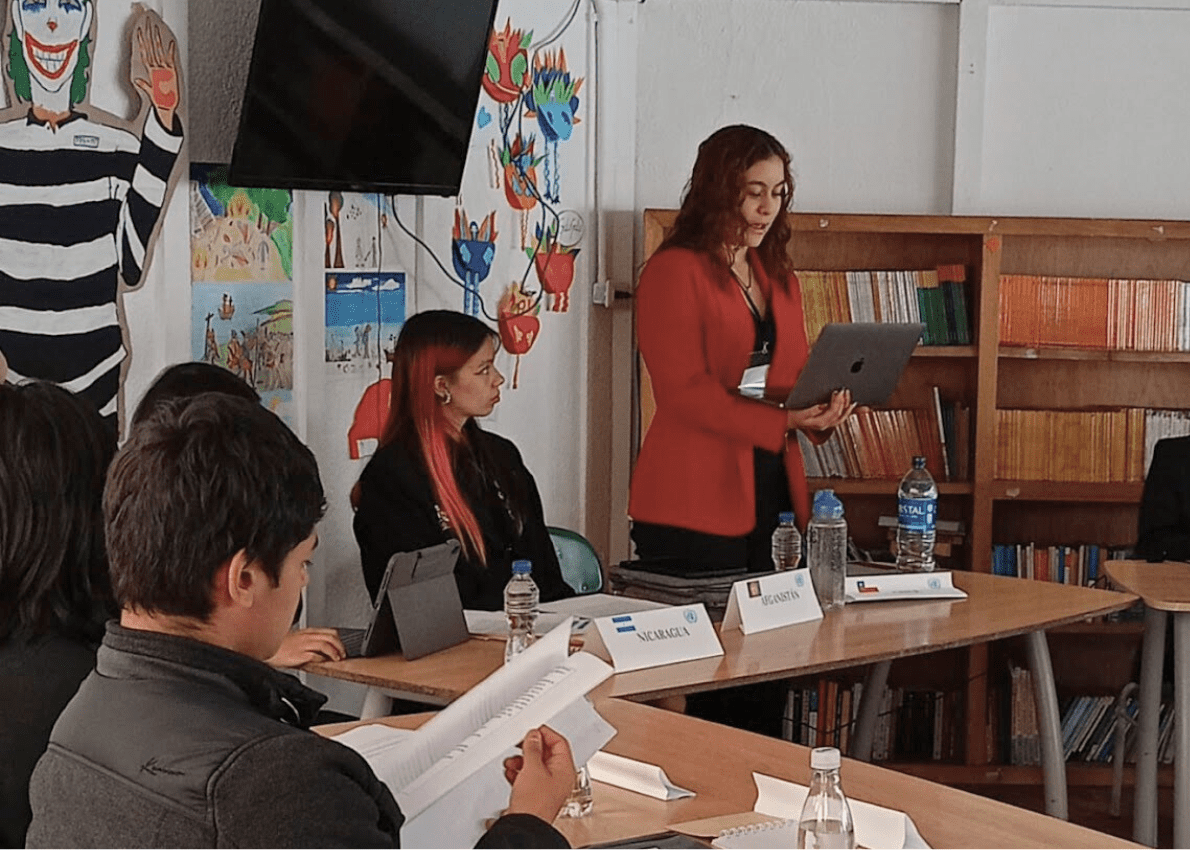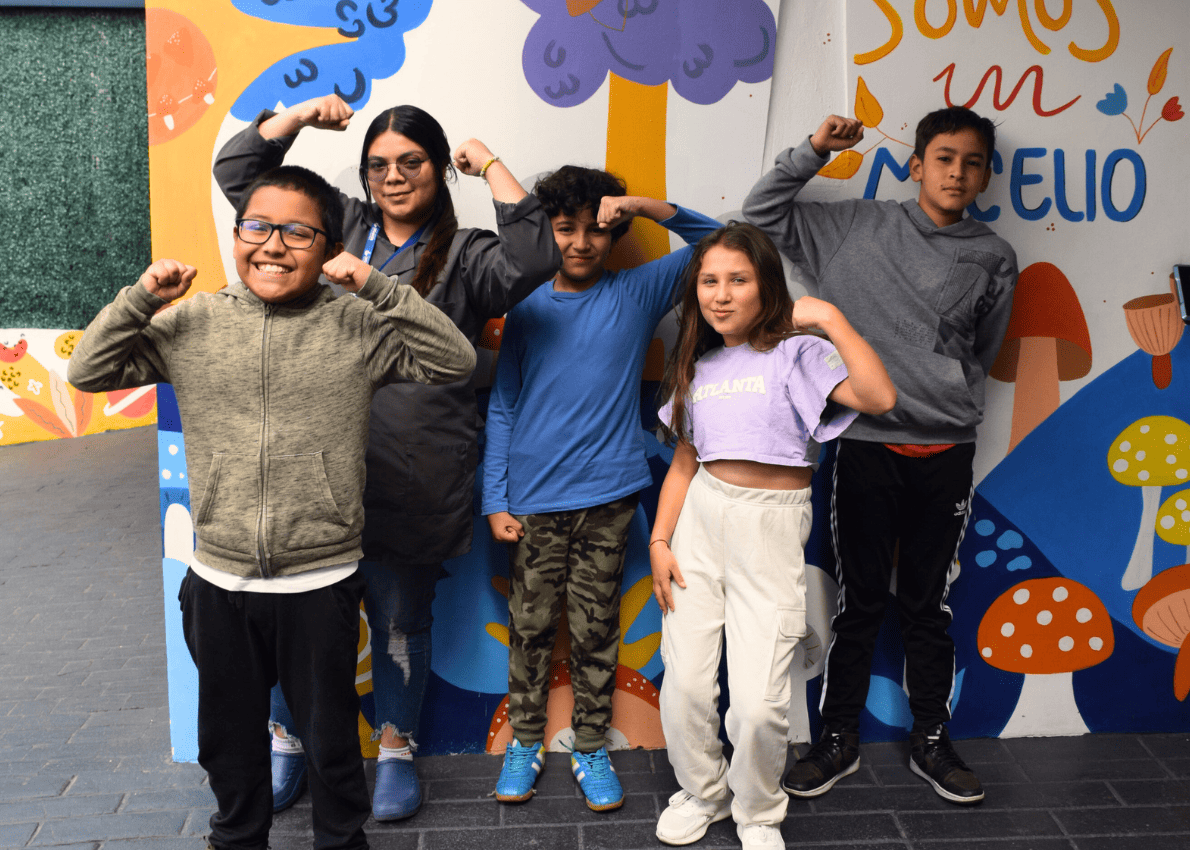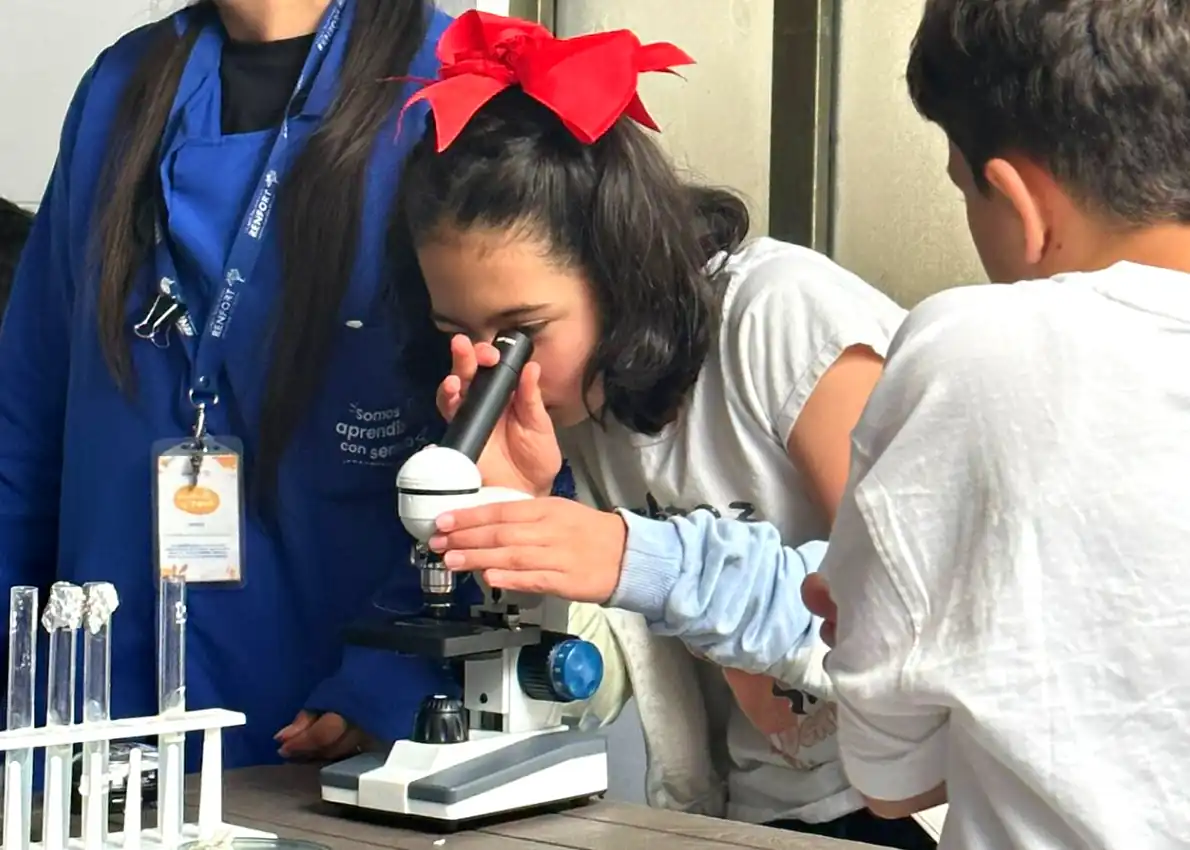According to the University of the North of Colombia, in its text entitled “What is a Model United Nations?” it defines this initiative of school participation and ownership of political and economic dynamics, mediated by debate and reasoned discussion, in its educational sphere, that is, in the impact that these actions have on the academic formative processes of the students as “An aid to students in developing persuasion, negotiation, writing, and oratory skills, in an environment of tolerance and respect for diversity” (UniNorte, 2023), considering that, within the structure of this model, there are various dialogue committees or participation commissions such as the General Assembly, Security Council, Economic, and Social Council; all of them, a direct replica of the diplomatic actions developed by the nations allied with this important international body.
Thus, the ONU model a powerful educational tool for several reasons:
-
They allow students to immerse themselves in diplomatic roles, gaining a better understanding of global issues and international policies through simulating debates and negotiations.
- Additionally, participants enhance crucial skills such as public speaking, negotiation, speech writing, resolution drafting, teamwork, and conflict resolution.
- By researching and representing different countries and perspectives, students develop a deeper understanding of cultural diversity and the complexities of global issues.
- Moreover, participants must analyze complex problems and develop creative solutions, strengthening their ability to think critically and find innovative solutions.
- Finally, Model UN programs prepare students for future careers in diplomacy, international relations, law, and politics by providing them with a practical understanding of how international institutions operate.
Experience of our students:
By John Dewey School, where they had the opportunity to debate and discuss pressing issues of everyday global geopolitics, such as the role of women in political decision-making processes and the regulation of nuclear armament, to name a few of the committees where our students, assuming the role of representatives from various nations across five continents, as guest participants of the session, delivered interventions preceded by opening speeches, proposal portfolios, and messages among meeting participants, which proved significant for the established dialogue dynamics among their academic peers. This participation exercise presented a significant challenge for the students, which they tackled with great skill, given their capabilities in discourse, argumentation, writing, analysis, and research; they conducted exercises of deep inquiry where bibliographic consultation, information classification, and categorization, geopolitical analysis construction, and structuring of their interventions in formal writing exercises of high quality were carried out. The excitement, intrigue, and expectations of the students were a constant driving force that propelled them to deliver an exercise of extremely high quality, for which they received praise and congratulations from the host school.
Reflections and learnings:
Undoubtedly, this immersive experience meant, firstly, the opportunity for the students to participate and showcase their abilities and skills in educational settings other than the traditional one of our Bilingual School. Additionally, this initiative fostered the construction of rigorous and formal texts that replicate the reading and writing processes carried out in various classes. Likewise, the students were able to strengthen discursive and presentational processes that, from a pedagogical perspective, represent formalizations of thought different from written texts and finally, this experience allowed them to share knowledge, experiences, and insights with other academic peers, through the establishment of dialogic links around socially relevant issues-
Leaving no room for doubt whatsoever, Model ONU, like other spaces of dialogue, debate, and discussion such as colloquiums, congresses, symposiums, or forums, enables students to empower themselves and present their voice, ideas, dispositions, reflections, thoughts, and proposals on issues and phenomena crucial to understanding various processes of a political, economic, philosophical, and even scientific nature; all addressing an incipient but significant concern for human beings and all their spaces of growth and psychological and cognitive development.
Perhaps recalling Walter Ong’s “Orality and Literacy” text a little, these spaces, in the words of the American author, would enhance processes of verbal written expression as an intermediate point that spans cultures to transition from the stage of orality to that of formal writing. Essentially, it’s understanding that words must be mobile, they must be words in constant movement, words that move from the symbolism of phonemes and graphemes to the symbolism of bodily expression and non-verbal language; common currency of cultural exchange among civilizations and individuals belonging to those civilizations.
Of course, the appropriate space for such processes to occur should be the school, and Renfort has the intangible and human resources to open up an inter-institutional space of such magnitude that it is not just an exercise in institutional projection but a space to establish circles of discourse, deep reflections, role-playing exercises, and political empowerment, and, in short, moments to continue making the learning experience a significant, thought-provoking, and impactful experience for the various stages of the lives of the pedagogical subjects who undergo the experience.
Writer: Grower, Christian Garzón
By: Pedagogy and Innovation Team of Escole®
If you want to learn more about our Renfort School Network and have a unique Learning with Purpose experience, contact us through WhatsApp:
📱+57 316 7763847
📱+57 317 787 7729
📱+57 316 2810256





